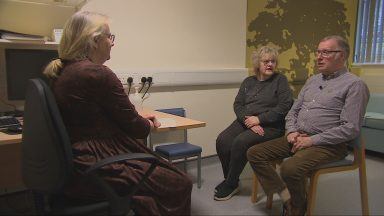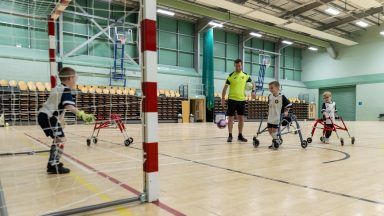Certain contraceptives may carry a slightly increased risk of heart attacks and strokes in women, according to a large new study.
While the overall risk is very low, researchers said that medics should be aware of the risks when prescribing certain hormonal contraceptives.
The new study saw academics analyse data on more than two million women aged 15 to 49 in Denmark.
During an average follow-up period of 11 years, researchers noted 4,730 strokes and 2,072 heart attacks among these women.
This information was then compared to their medical records to see whether they had been prescribed a hormonal contraception, including combined oral contraceptives, progestogen-only pills, hormonal intrauterine devices, contraceptive implants, injections, patches and vaginal rings.
The team, led by experts from the University of Copenhagen, found that for women who took combined oestrogen-progestin pills – the most commonly used hormonal contraceptive taken by women in the study – there appeared to be a two-fold increased risk of heart attack or stroke.
Progestin-only contraceptives, including pills and implants, carried a slightly elevated risk, though lower than the combined pills, they found.
But non-oral combined contraceptives, such as the vaginal ring and patch, appeared to carry higher risks.
The vaginal ring was linked to a 2.4-fold increased risk of stroke and a 3.8-fold heighten risk of heart attack. And the patch appeared to carry a 3.4-fold increased risk in stroke.
But the researchers stressed that the “absolute risks are low”.
The types of contraceptives in the study are largely similar between the UK and Denmark.
But the researchers said that there may be some differences in the specific brand names available and the popularity of certain methods between the two countries.
“This nationwide cohort study found that contemporary oestrogen-progestin and progestin-only contraceptives, except for the levonorgestrel-releasing intrauterine device, were associated with an increased risk of arterial thrombotic events,” they wrote in The BMJ.
In a linked editorial, Therese Johansson, from the Royal Institute of Technology in Sweden, said that eight in 10 women around the world have used hormonal contraception at some point in their lives.
She said that heart issues studied in the research are “rare” in young women like those involved in the study.
“The most commonly used hormonal contraceptive, the combined oestrogen-progestin pills, was associated with a two-fold increase in the risk of ischaemic stroke and myocardial infarction,” she wrote.
“Which translates to one additional ischaemic stroke for every 4,760 women using the combined pill for one year, and one additional myocardial infarction for every 10,000 women per year of use.”
But she added: “It is important to note that the absolute risk remains low.
“Nonetheless, these side effects are serious and given that approximately 248 million women use hormonal contraceptives daily, the results carry important implications.”
She pointed out that the study found that the levonorgestrel-releasing intrauterine system “was the only hormonal contraceptive not linked to an increased risk, making this option safer for cardiovascular health” and called for more to be done to make this alternative an option accessible for women with “cardiovascular risk factors”.
Dr Channa Jayasena, consultant in reproductive endocrinology at Imperial College London, said the “absolute risk of having a stroke or heart attack on the pill is still very low.”
He added: “Only three per 1,000 women were affected by a stroke or heart attack; the risk among those on the pill was about 6-10 per 1,000.
“Women should take away the importance of smoking cessation, healthy eating, and exercise to minimise the (small) increased risk of stroke or heart attack associated with being on the pill.
“Women who have high risks of stroke or heart attack that cannot be reduced should strongly consider a hormonal coil, because of its lack of associated increased stroke or heart attack risk.”
Follow STV News on WhatsApp
Scan the QR code on your mobile device for all the latest news from around the country


 Getty Images
Getty Images

























